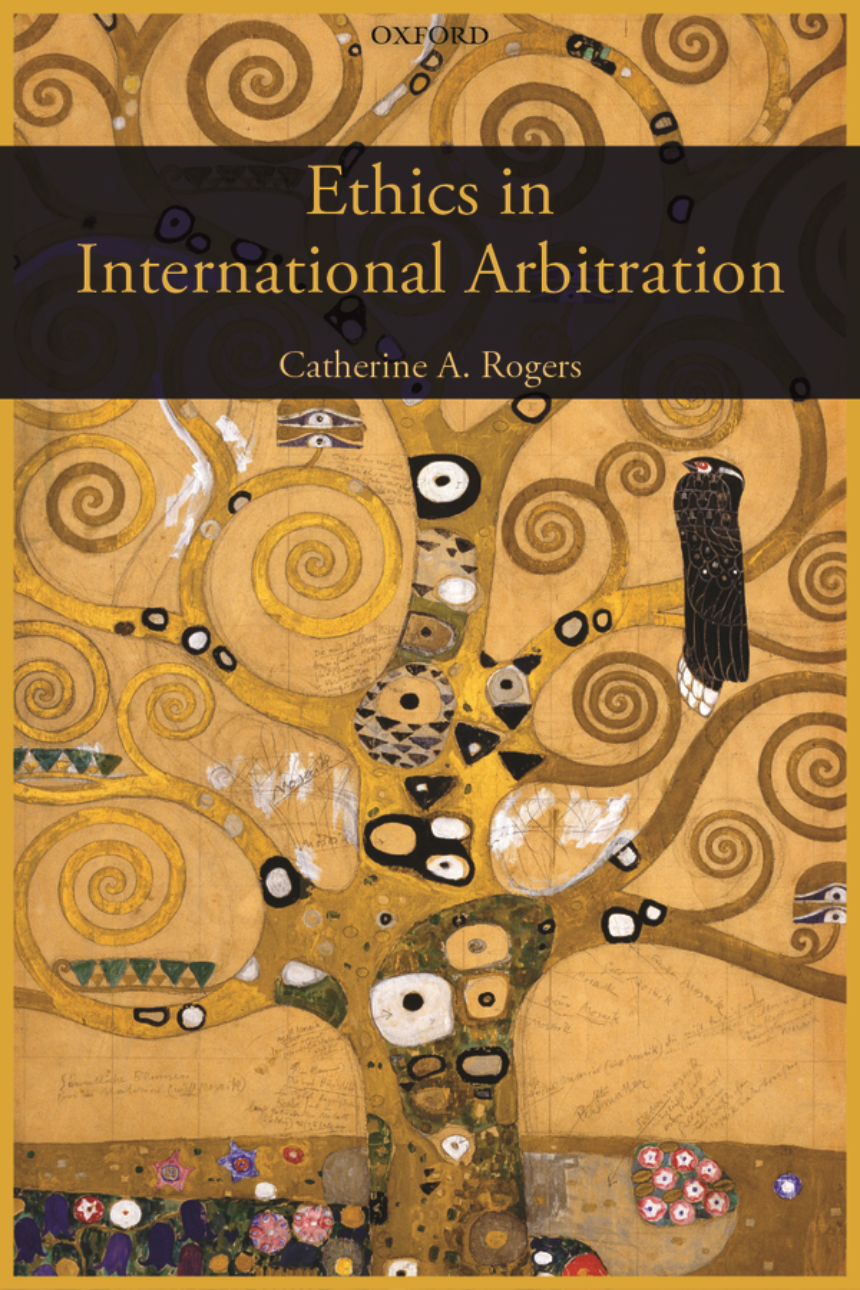October 07, 2014
Professor challenges the international arbitration community to self-regulate

UNIVERSITY PARK, Pa. -- Catherine Rogers, School International Affairs affiliate professor from Penn State Law, and professor of ethics, regulation & the rule of law at Queen Mary, University of London, has published with Oxford University Press a new book, Ethics in International Arbitration.
The book is the first monograph to systematically analyze the existing ambiguities and conflicting rules that apply to the conduct of arbitrators, counsel, expert witnesses, and third-party funders in international arbitration. It challenges the international arbitration community to engage in deliberate ethical “self-regulation” to reinforce and promote its own legitimacy and effective functioning. The book has already been released in the U.K., and will be published in the United States in November.
In advance of its U.S. release, Professor Rogers is presenting the book at various law schools around the country, including Georgetown Law Center and, most recently, Duke Law School. The formal book launch is being planned for early 2015 at the World Bank headquarters in Washington.
Rogers explains, “International arbitration is exploding in importance, but is simultaneously drawing increased skepticism from outside observers.” In this context, she says, “The call to ethical self-regulation ultimately challenges the international arbitration community to think beyond its present situation, to future generations and future developments in an ever-more globalized legal world. It is a challenge for international arbitration to bring to bear all the pragmatism and creativity that it has demonstrated in the very best moments of its history to preserve and promote its effectiveness and legitimacy.”
In his forward to the book, Michael Reisman, the Myres S. McDougal Professor of International Law at Yale Law School, describes how “Professor Rogers, already an acknowledged intellectual leader in the field, has established beyond question the urgent need for the prescription and application of a self-regulatory system of professional ethics in international arbitration.” He goes on to describe how she “[d]eploy[s] a profound understanding of international arbitration” and has “brilliantly identified the different ethical requirements of the diverse dramatispersonae of contemporary international arbitration, assembled and analyzed decision trends, rigorously reviewed and appraised the suggestions of practitioners and scholars, and, herself, proposed inventive and plausible modes for installing rules and procedures for their implementation.”
Reisman, who has been a longtime proponent of the need for more formal professional regulation in the field, concluded that “Professor Rogers has written a book that reshapes the intellectual landscape of this fundamental dimension of international arbitration and that is also a pleasure to read. All who labor in international arbitration are indebted to her.”
Rogers, a scholar of international arbitration and professional ethics, is a reporter for the American Law Institute’s new Restatement of the U.S. Law (Third) of International Commercial Arbitration, one of the ICC Palestine’s delegated members of the Court of Arbitration for the new Jerusalem Arbitration Centre, a member of the Board of Directors of the International Judicial Academy, and co-chair, together with William W. “Rusty” Park, of the ICCA-Queen Mary Task Force on Third-Party Funding in International Arbitration. She is also working to found Arbitrator Intelligence, an interactive informational network to increase equal access to information and increase accountability in the arbitrator selection process.
